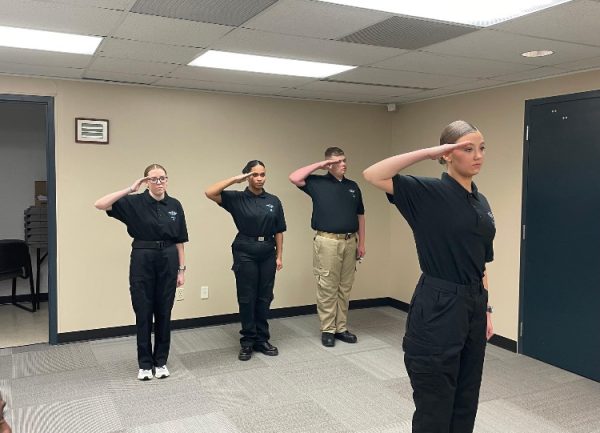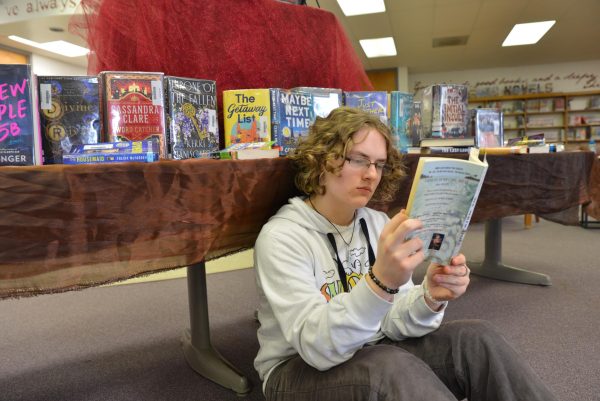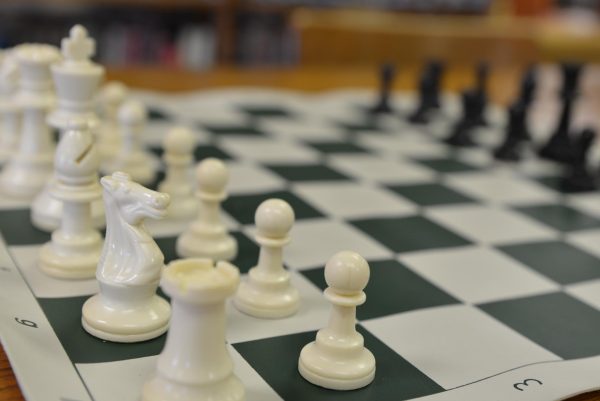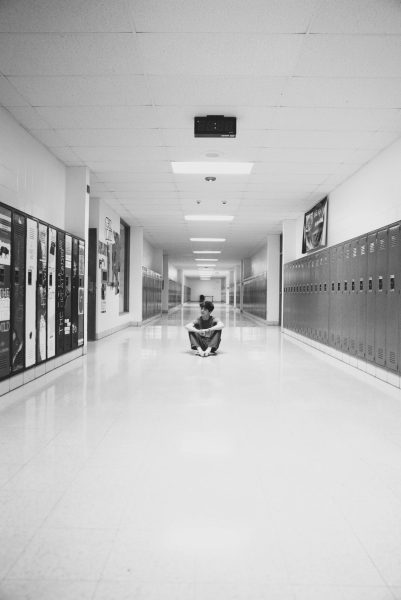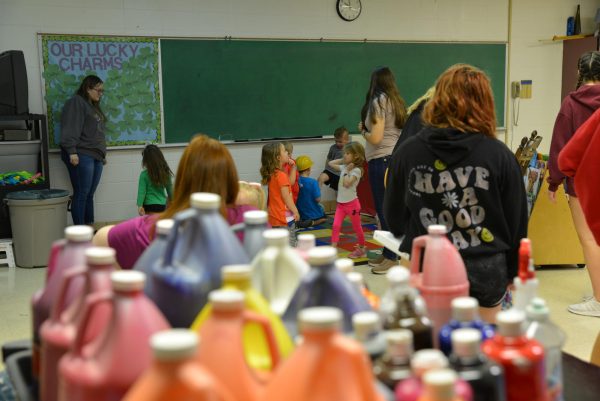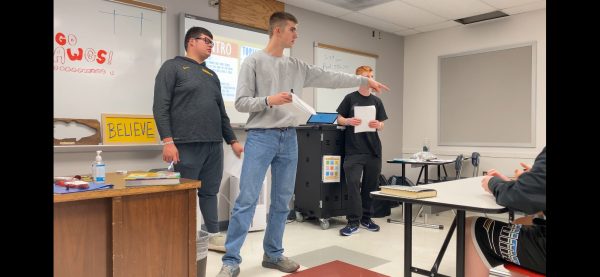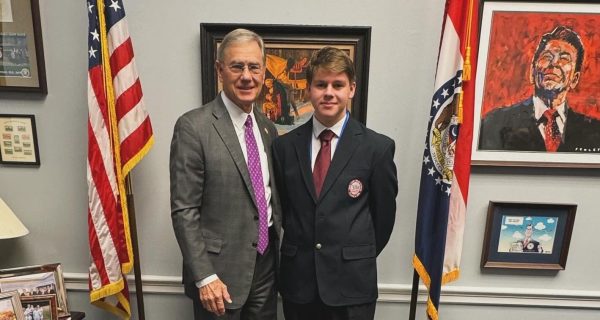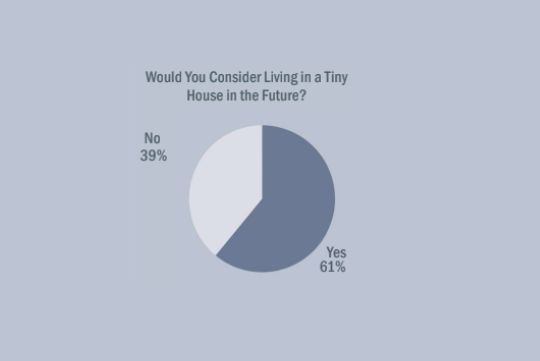Teachers take note of ‘hidden rules of poverty’ on CSD with presentation by Dr. Ruby Payne
Ruby K. Payne, Ph.D. is the founder of aha! Process and author of A Framework for Understanding Poverty. The primary goal of her work is to help both students and adults from all classes become successful academically and professionally. Through her work, students may find that success cannot be achieved without hard work and recognition of how their personal background affects their road to success.
Resources and Stability
“There are many barriers for those who have fewer resources in their household. Schooling, the way we do it right now, requires that you have a certain amount of resources and stability. You learn more if you have food every day and if you have a place to sleep every night. You learn more when those kinds of things are predictable. If you come from a household where there’s a lot of instability it is very difficult to negotiate school because school requires so much,” Dr. Payne said.
In the School Setting
“There isn’t such a thing as an even playing field because some people have distinct advantages. Regardless of class; [for example] some people are very athletic. If you come from a resourced household those skills will probably be developed for you. Some individuals are really smart, but if you have to spend your time just surviving then that takes away from developing skills. I wish that the external environment outside of school would be more stable for people because talents can be developed when things are more stable,” Dr. Payne said.
“It is a teacher’s responsibility to bond with the student. Many students in poverty have heard a lot of negative messages regarding authority. And with any student, they don’t want to work with a teacher if they don’t like them. I was a teacher for nine years. I told my students, ‘You’re not going to like me every day and I’m not going to like you every day; it’s okay but I care about you. We are going to work hard in here and you’re not gonna like it every day.’ And having this laid out for students from the beginning let them know that we were going to work on it,” Dr. Payne said.
“Many teachers in secondary education create a distance between students on purpose for control. I myself was very frank with students and if they said, ‘I don’t like you today.’ I would say, ‘Well I don’t like me today either.’ [jokingly] but the bottom line is they know that you care,” Dr. Payne said.
Moving out of your Class
“A friend of mine who is a multimillionaire grew up very poor in the barrio of San Antonio. He once said, “When you live in poverty you live in a foreign country.” If you want to move up social classes you have to learn a different set of rules,” Dr. Payne said.
“There are many hidden rules. An example is that in middle class when you go to a party you introduce yourself. Among the truly wealthy, the top 1% you never introduce yourself, you are introduced. If you were to introduce yourself people tend to turn around and walk off because that’s one of the ways they keep safe. By resources I don’t mean just money, I mean knowledge, emotional resources, financial stability, having a belief system, and having relationships and a support system. If your resources are stable then you usually spend your time working, going to school to get a better job, and buying things that become an asset like having a mortgage. If you are in wealth you have this problem: more resources than you can take care of by yourself. So you pay people to help you which makes you vulnerable at a personal safety level. This is why at a party they are introduced with their connection which right away people know of your safety,” Dr. Payne said.
Language
“You literally have to learn another language because you have to go from casual language to formal language which you must be able to write. Tests like the ACT and SAT are mostly vocabulary which is very much a learned activity. And the differentials in vocabulary are huge between poverty and middle class. Many adults who are in poverty will tell you that not having a formal register is what holds them back. It is the language you have to learn to make money,” Dr. Payne said.
Relationships
“You also have to give up relationships for achievement. There is not time for them both. If you are going to a university and you are working there is not going to be a lot of time for friends. So what happens there is that you must give up one for another, but in poverty relationships are what keeps you alive,” Dr. Payne said.
“One of the most valuable things you can cultivate in your life is social bridging capital; meeting people different than they are. People who are like yourself are called bonding social capital, they are the people who help you get by. Bridging social capital are the people who will help you get ahead. Look at those people as people with knowledge and information that you don’t have and will be able to learn from,” Dr. Payne said.
The Bottom Line
“When you are in a social setting and you feel uncomfortable it is because there are hidden rules going that they don’t know about. They might be hidden rules by class, race, or region of the country. But you always have a choice whenever you run into that: you can be offended or you can try to understand the rules that are there,” Dr. Payne said.



